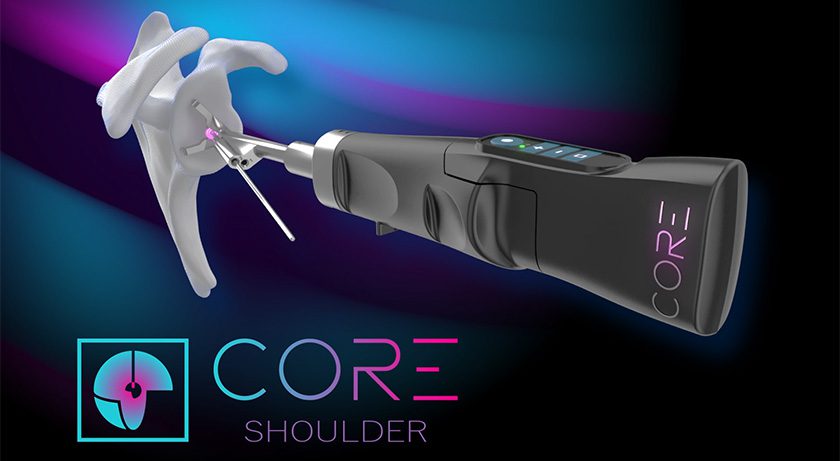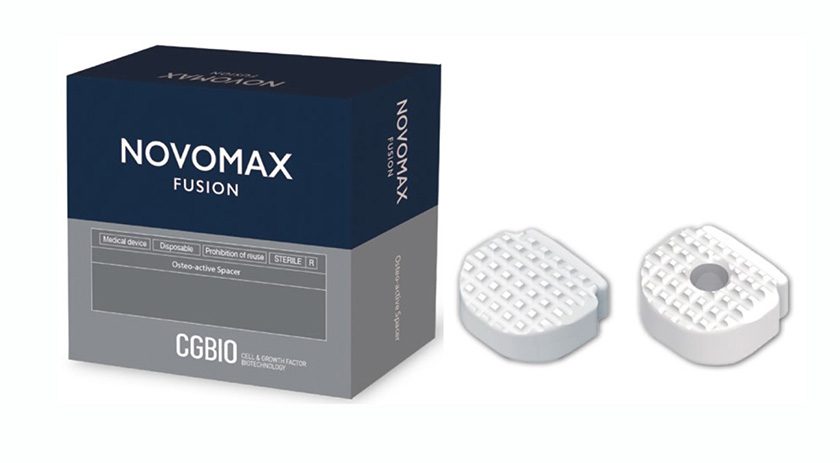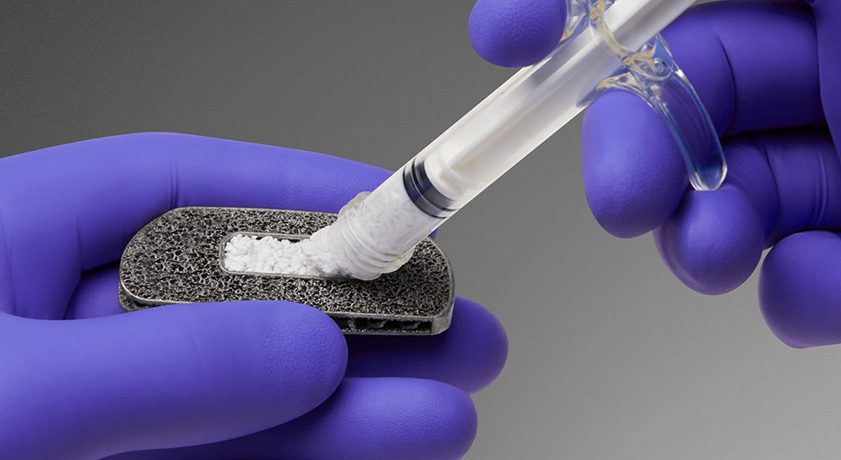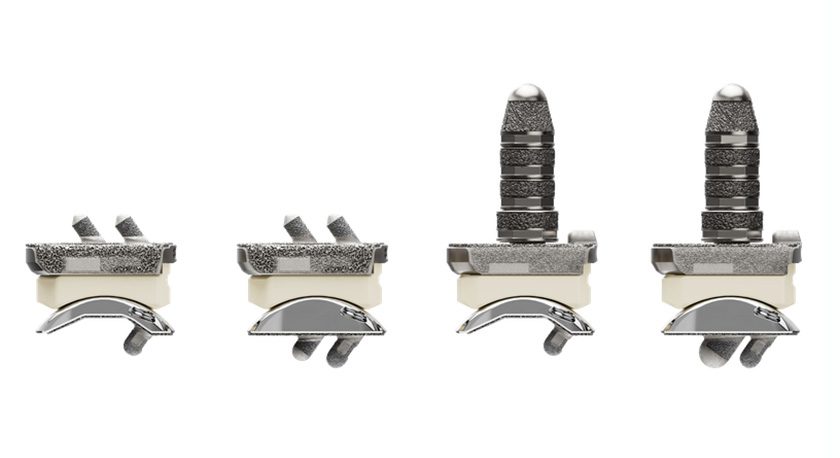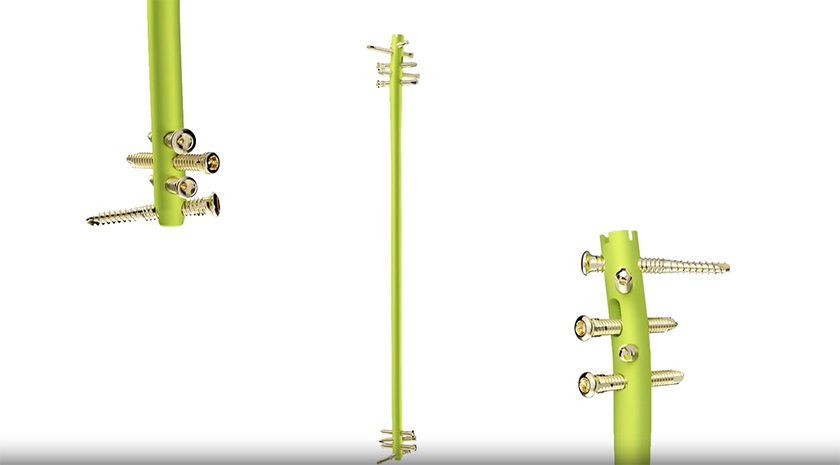
 Copy to clipboard
Copy to clipboard 
Study results support the biocompatibility of Rotation Medical’s collagen-based bioinductive implant and its ability to promote new connective tissue with the appearance of tendon. The results are published in the journal Arthroscopy.
The retrospective study included biopsies from seven patients undergoing a subsequent arthroscopic procedure for issues unrelated to the implant at various time points (five weeks to six months) following arthroscopic rotator cuff repair with the bioinductive implant.
At six months, newly-generated tissue was observed with histologic appearance of a tendon, suggesting functional loading of the newly-generated host tissue. No evidence remained of remnants of the collagen implant, nor was there evidence of any adverse inflammatory or foreign body reaction at any timepoint.
The company received FDA 510(k) clearance of its implantable collagen scaffold technology in 2Q14 for use in arthroscopic and mini-open procedures to support tendon injuries in which there was no substantial loss of tendon tissue. A recently-announced US $12MM Series B extension financing will support U.S. commercialization of the company’s repair technology.
Sources: Rotation Medical, Inc.; ORTHOWORLD Inc.
Study results support the biocompatibility of Rotation Medical's collagen-based bioinductive implant and its ability to promote new connective tissue with the appearance of tendon. The results are published in the journal Arthroscopy.
The retrospective study included biopsies from seven patients undergoing a subsequent arthroscopic...
Study results support the biocompatibility of Rotation Medical’s collagen-based bioinductive implant and its ability to promote new connective tissue with the appearance of tendon. The results are published in the journal Arthroscopy.
The retrospective study included biopsies from seven patients undergoing a subsequent arthroscopic procedure for issues unrelated to the implant at various time points (five weeks to six months) following arthroscopic rotator cuff repair with the bioinductive implant.
At six months, newly-generated tissue was observed with histologic appearance of a tendon, suggesting functional loading of the newly-generated host tissue. No evidence remained of remnants of the collagen implant, nor was there evidence of any adverse inflammatory or foreign body reaction at any timepoint.
The company received FDA 510(k) clearance of its implantable collagen scaffold technology in 2Q14 for use in arthroscopic and mini-open procedures to support tendon injuries in which there was no substantial loss of tendon tissue. A recently-announced US $12MM Series B extension financing will support U.S. commercialization of the company’s repair technology.
Sources: Rotation Medical, Inc.; ORTHOWORLD Inc.

You are out of free articles for this month
Subscribe as a Guest for $0 and unlock a total of 5 articles per month.
You are out of five articles for this month
Subscribe as an Executive Member for access to unlimited articles, THE ORTHOPAEDIC INDUSTRY ANNUAL REPORT and more.
JV
Julie Vetalice is ORTHOWORLD's Editorial Assistant. She has covered the orthopedic industry for over 20 years, having joined the company in 1999.


